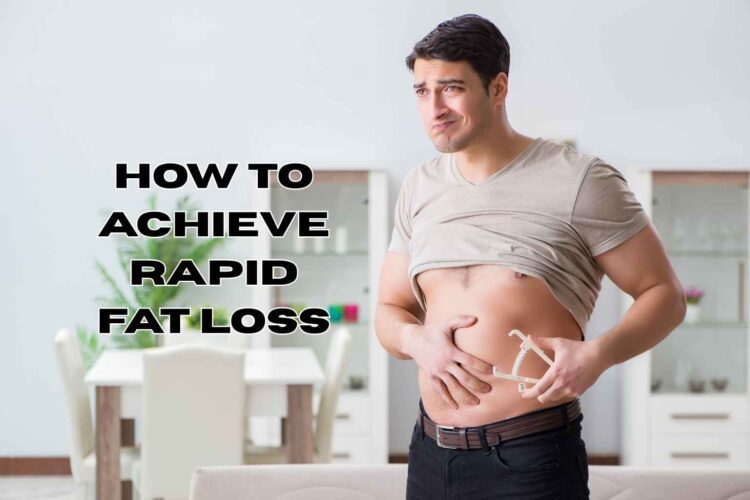Breakups can be tough. Many people notice they lose weight after a breakup. Why does this happen? Let’s explore the reasons.
Emotional Stress
Breakups cause emotional stress. This stress can affect your body in many ways.
- Appetite Changes: Some people lose their appetite when they are sad or stressed.
- Increased Metabolism: Stress hormones can increase metabolism. This makes you burn more calories.
- Emotional Eating: Some people eat less when they feel sad. Others may eat more, but it depends on the person.
Physical Activity
After a breakup, some people become more active. They may start new hobbies or exercise more.
- Exercise: Working out can be a way to cope with emotions.
- New Routines: You might change your daily routine. This can include more physical activities.
- Distractions: Staying busy can help you forget about the breakup. Physical activities are good distractions.
Changes in Eating Habits
Breakups can change how and what you eat.
- Skipping Meals: You might skip meals because you feel sad or busy.
- Different Foods: You might eat different foods than you did before. These foods might have fewer calories.
- Eating Alone: If you used to eat with your partner, eating alone can be different. You might eat less.
Sleep Patterns
Breakups can change your sleep patterns. Poor sleep can affect weight.
- Less Sleep: Stress can make it hard to sleep. Less sleep can affect your appetite and metabolism.
- More Sleep: Some people sleep more when they are sad. This can also change eating habits.
- Irregular Sleep: Irregular sleep can confuse your body’s hunger signals.
Psychological Factors
Your mind plays a big role in weight changes after a breakup.
- Depression: Feeling depressed can make you eat less.
- Anxiety: Anxiety can speed up your metabolism. It can also make you forget to eat.
- Self-Image: You might want to improve your self-image. This can motivate you to lose weight.
Hormonal Changes
Breakups can cause hormonal changes. These changes can affect weight.
- Cortisol: This stress hormone can increase. High cortisol levels can make you lose weight.
- Adrenaline: This hormone can also increase. It can make you burn more calories.
- Serotonin: Low levels of this hormone can affect your mood and appetite.
Social Support
Having good friends and family can help during a breakup.
- Encouragement: Friends can encourage you to stay active and eat well.
- Activities: Social activities can keep you busy. This can help you stay active.
- Advice: Friends and family can give good advice. They can help you cope with stress.
Seeking Professional Help
Sometimes, you might need help from a professional.
- Therapists: Therapists can help you deal with emotions.
- Nutritionists: Nutritionists can help you eat well during tough times.
- Doctors: Doctors can check your health and give advice.
Frequently Asked Questions
Why Do Breakups Cause Weight Loss?
Breakups trigger stress and emotional upheaval, often leading to appetite loss and increased metabolic rate, resulting in weight loss.
How Does Stress Impact Weight Loss?
Stress releases cortisol, which can reduce appetite and increase energy expenditure, contributing to weight loss after a breakup.
Can Emotional Eating Affect Breakup Weight Loss?
Yes, emotional eating varies; some may overeat, while others lose appetite, resulting in weight loss for many.
Is It Normal To Lose Weight After Breakup?
Yes, it’s common due to emotional distress, appetite changes, and increased physical activity as coping mechanisms.
Conclusion
Breakups can be hard. Many people lose weight after a breakup. This can be due to emotional stress, physical activity, and changes in eating habits. Other factors include sleep patterns, psychological factors, and hormonal changes. Social support and professional help can also play a role. Understanding these factors can help you stay healthy during tough times.












Leave a Reply